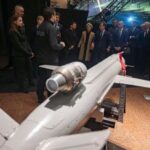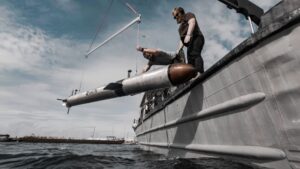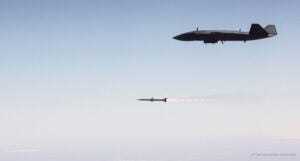
The U.S. Government Accountability Office (GAO) on May 30 denied the Advanced Turbine Engine Company's (ATEC) protest of the U.S. Army's selection of the General Electric [GE] T901 engine for the Improved Turbine Engine Program (ITEP). GAO had not listed the decision on its web site at press time on May 30, but GE and ATEC confirmed the denial. ITEP is likely worth billions of dollars as the engine is to power the next generation of Sikorsky [LMT] UH-60 Black…














